
11 Jun 2015

A Midsummer's Fantasia
Reality and fantasy melds as a Korean documentary film director attempts to capture life in the small town of Gojo, Japan.
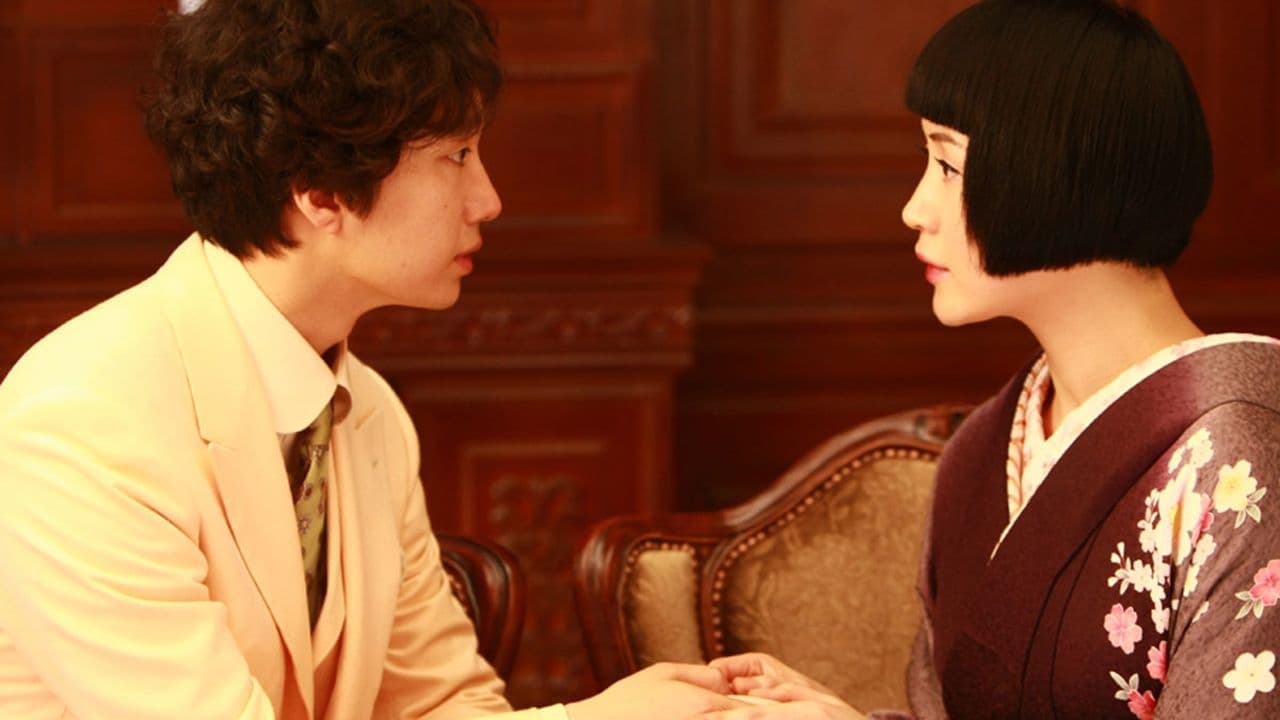
What's Harder than Fighting Imperialism? Try Finding Lost Love.
During the Japanese occupation, a Korean modern boy, who wants to fit in with the Japanese, falls in love with a Korean freedom fighter.
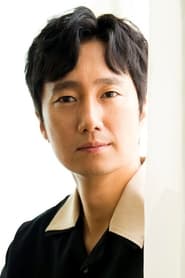
Lee Hae-myung

Cho Nan-sil

Hidaka Shinsuke
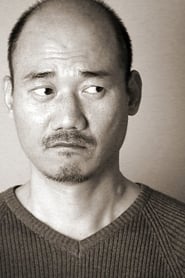
Baek Sang-heo

Ogai

Hae-myung's Father
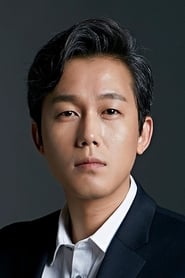
Detective in a beret
Yoko Ishida
Cheol-kwon

Mr. Lee
Yukiko

Park Ka-song

Japanese Detective

Large Detective
Resistance
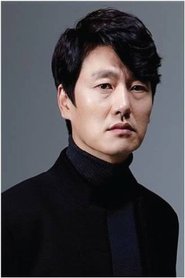
Resistance

Madame

Modern Girl

Dressmaking Shop Owner
Ms. Kim

11 Jun 2015

Reality and fantasy melds as a Korean documentary film director attempts to capture life in the small town of Gojo, Japan.
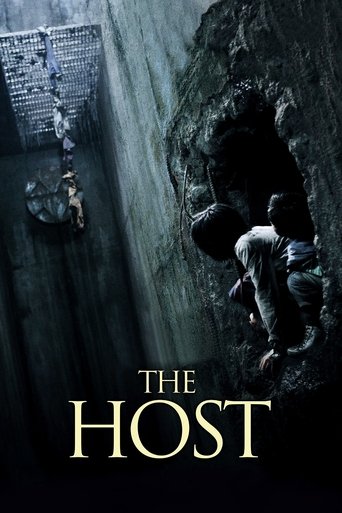
27 Jul 2006

A teenage girl is captured by a giant mutated squid-like creature that appears from Seoul's Han River after toxic waste was dumped in it, prompting her family into a frantic search for her.
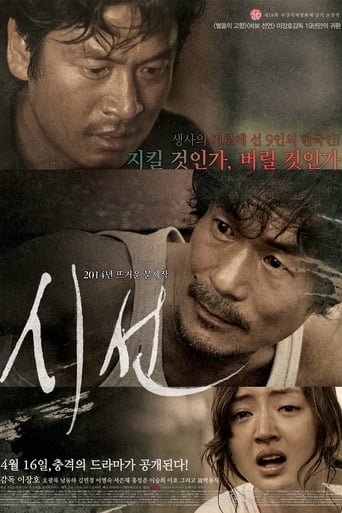
16 Apr 2014

A Christian missionary group is abducted by Islamic rebels. In fear for their lives, the group slowly sees their faith in each other slip away.
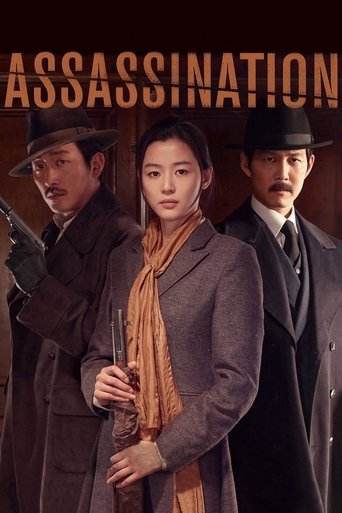
22 Jul 2015

In Japanese-occupied Korea, three freedom fighters are assigned a mission to assassinate a genocidal military leader and his top collaborator. But the plan goes completely awry amidst double-crossings, counter-assassinations, and a shocking revelation about one of the assassins' past.

12 Aug 2000

On one gloomy rainy night, a writer encounters an unexpected visit paid by a woman of his past. Seeking solitude from her ex-lover, she finds solace in this gentleman and from that day on, they cherish every inch of each other's body and indulge in ecstasy until her forbidden past is gradually revealed.
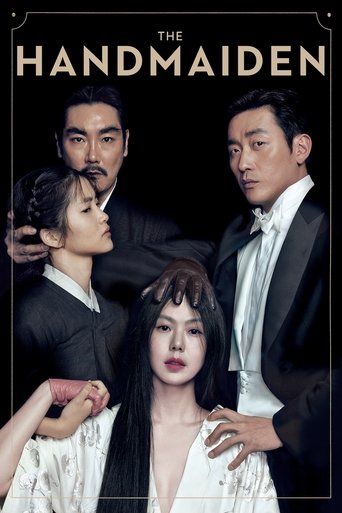
01 Jun 2016

1930s Korea, in the period of Japanese occupation, a new girl, Sookee, is hired as a handmaiden to a Japanese heiress, Hideko, who lives a secluded life on a large countryside estate with her domineering Uncle Kouzuki. But the maid has a secret. She is a pickpocket recruited by a swindler posing as a Japanese Count to help him seduce the Lady to steal her fortune.
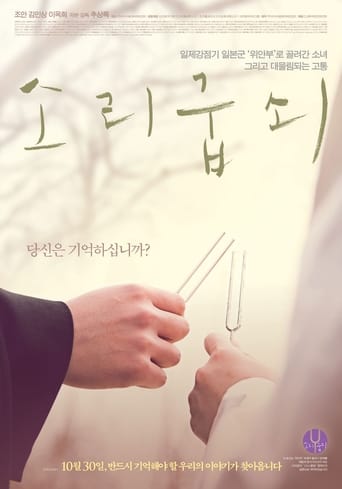
30 Oct 2014

From the Japanese Occupation a 'comfort woman' returns from China an old woman. At the end of the war she can't return home and spends the next 65 years living as an alien in a foreign country. Even to her own granddaughter she seems to be losing her mind. She only wants to go back to Korea.

07 Mar 1973

A patriot Park No-Hun is dispatched by Shanghai Provisional Government for Independence to assassinate members of the House of Council. In this situation Young-Kuk, brother of Hyeon-Ju who is a kisaeng of Myeong Wol Kwan, is jailed and Choi Chil-Yong, an inspector of Japanese Higher Police Department, is in agony of difficulties between Korea and Japan. Shin Yun-Il, a member of the council falls in love with a kisaeng whose name is Jeong-Mi. All of these are going their way under the influence of phases of the times such as carrying out colonial policies and each of them is linked complicatedly and causes troubles. After all their efforts concentrated on Independence of Korea, and Park No-Hun carried out his mission with help of 5 kisaengs of Myeong Wol Kwan. Finally he leaves for Shanghai with them.
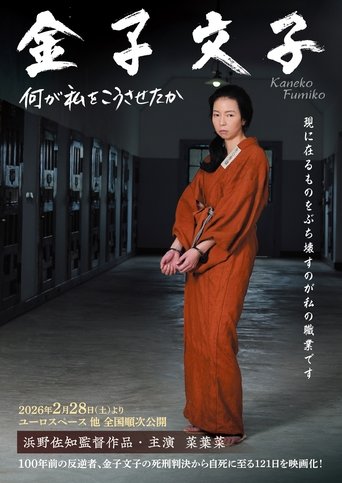
28 Feb 2026

Why did she die? The Supreme Court first sentenced her to death, but then commuted her sentence to life imprisonment and sent her to Tochigi Women's Prison. What happened before she took her own life there? Based on her tanka poems, which convey her raw voice, the film explores her lone fight during the 121 days between her death sentence and suicide, a period that has remained obscure to date.

30 May 2019

All unemployed, Ki-taek's family takes peculiar interest in the wealthy and glamorous Parks for their livelihood until they get entangled in an unexpected incident.
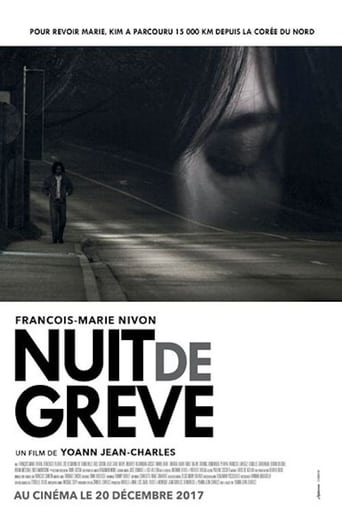
20 Dec 2017

This atmospheric French independent film tells the story of a man who has traveled nearly 10,000 miles to find the woman he can’t forget.

06 May 2020

The Samrye Girl’s Middle School soccer club always loses. There’s no sufficient support for the club and to make matters worse, the main striker transfers to another school. Would it be feasible to make a miracle happen at the National Convention?

09 Sep 2000

Two North Korean soldiers are killed in the border area between North and South Korea, prompting an investigation by a neutral body. The sergeant is the shooter, but the lead investigator, a Swiss-Korean woman, receives differing accounts from the two sides.

04 Sep 2014

Kwon returns to Seoul from a restorative stay in the mountains. She is given a packet of letters left by Mori, who has come back from Japan to propose to her. Kwon drops and scatters the letters, all of which are undated. When she reads them, she has to make sense of the chronology.
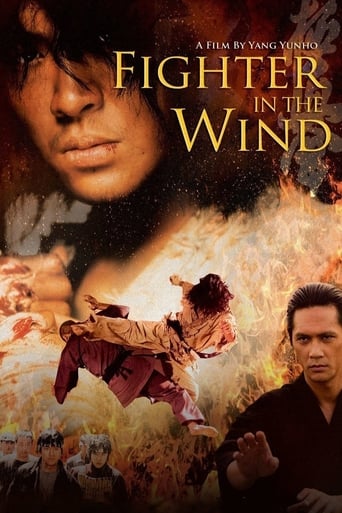
12 Aug 2004

An account of karate competitor Choi Yeung-Eui who went to Japan after World War II to become a fighter pilot but found a very different path instead. He changed his name to Masutatsu Oyama and went across the country, defeating martial artists one after another. This film concentrates on the period when he is still young, and developing his famous karate style, Kyokushin.

19 Oct 2017

Young Kim Chang-soo is placed behind bars, charged with murdering a Japanese person who took part in Empress Myeongseong's assassination. In prison, Kim Chang-soo sees how Koreans are persecuted and grows into a fighter for Korean independence.

12 Feb 2020

When an orphaned half Korean girl finds herself in small town America with her only living relative, she seeks out a mentor to help with the only thing she loves – golf. The best player in town, the widowed optometrist, takes her under his wing, sending them on a journey to face their fear of losing loved ones and their game. The only problem is, he has three months to live.

01 Aug 2007

A traumatized girl sees visions of her dead mother in one of three tales set in a 1942 South Korean hospital.

14 Apr 2011

A Korean Marilyn Monroe impersonator finds love in Los Angeles.
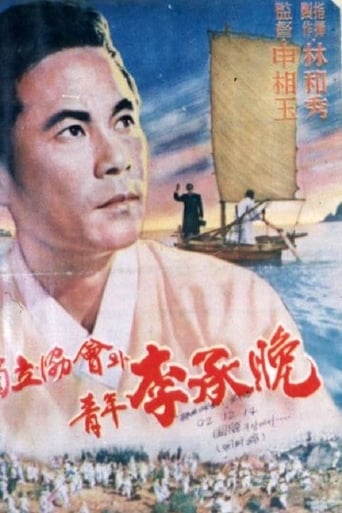
05 Dec 1959

The life of Lee Seung-man, a freedom fighter who struggled to liberate Korea from Japanese rule.